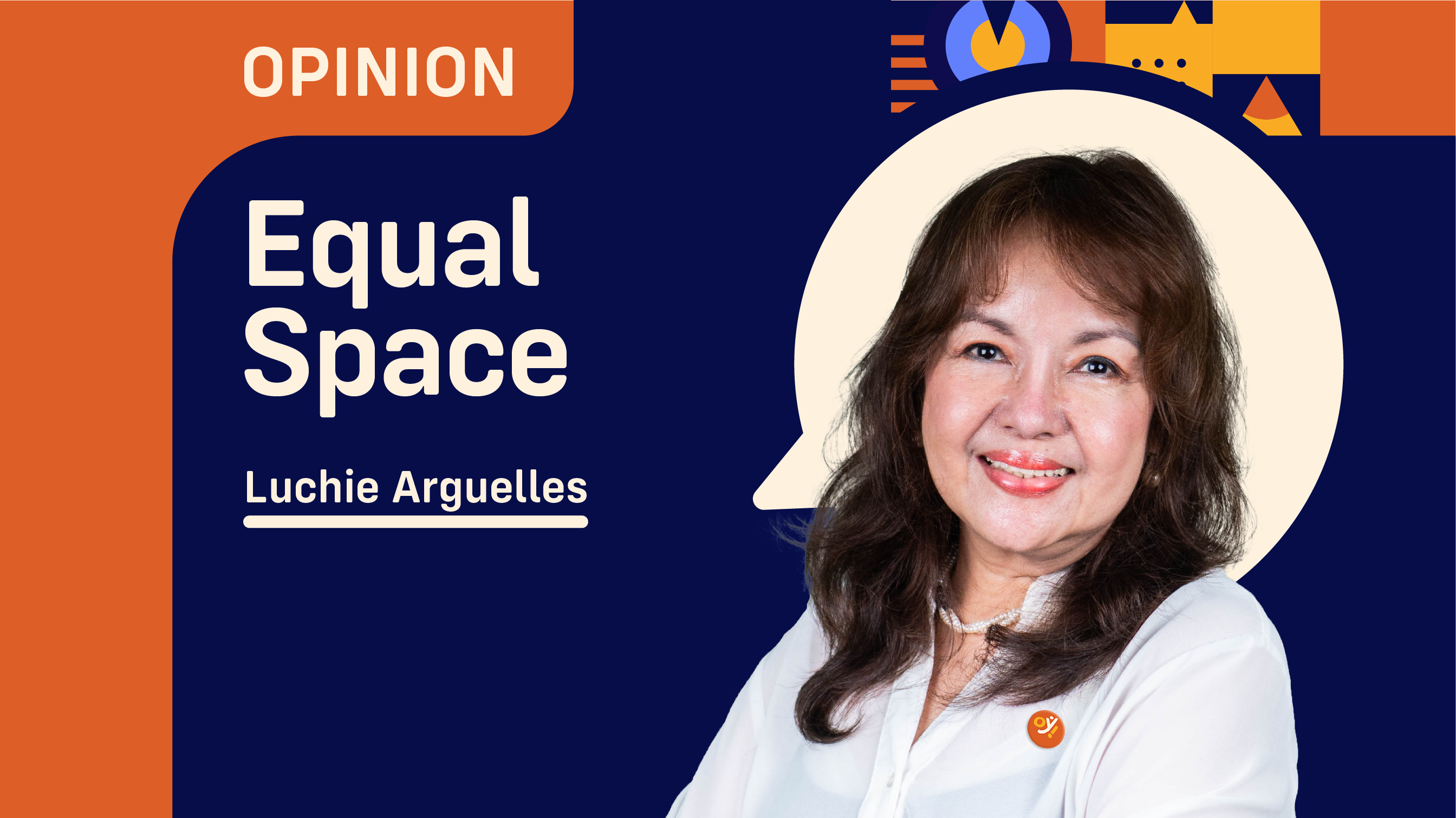In the recent United Print Multimedia Groups, Inc.'s Tinta Conference held at the historic Manila Hotel, there was this discussion that centered on the veracity and credibility of poll surveys. Moderator was PhilStar's Marichu Villanueva and guests were Tangere's Martin Penaflor and Octa Research's Guido David. On point!
We are aware that over time, the published survey results have come under close scrutiny in the face of this age of misinformation and technological disruptions and manipulations.
No doubt, poll surveys have had so much influence on the public's opinion and sentiment. These are also the basis and foundation of politicians and political campaigners and of marketing and public opinion researches.
If we notice, once an opinion survey is published, the target populace reacts.
And one of the most significant factors to consider is TIME. When was the survey conducted? The difference in time frames are significant with the impressionable and pliant mindset and opinion of respondents.
Trust Framework
Conducting a survey is not inexpensive. Professionals like political analysts and statisticians are involved. Enumerators, whether survey is done face-to-face or online, are paid by the hour or day at a special rate. Not all can afford to commission a credible group to conduct surveys for them.
Methodology must be made public to establish the credibility, trustworthiness and veracity of data gathering and reporting of the surveys.
Sampling mirrors the demographic, geographic, and psychographic profile of respondents, whether random, stratified, or cluster.
Question crafting is critical as ambiguous questions can lead to manipulated responses and biases.
As for biases, published and reported surveys raise eyebrows among the more intelligent and suspecting public. Marichu dropped a pointed question on "sponsored" surveys, whether commercial or political. Who tops?
Commissioned or funded polls could compromise the credibility of a legitimate and professional survey when clients approve and craft leading questions, can't they?
So even if the survey group is professional and transparent with their methodology, the red flag goes up when the clients themselves report the results.
Reliability
In this case, how about the accuracy and truthfulness of the actual findings? Who does the validation?
While margin of error is revealed, miscalculation in representative sampling and statistical errors are admitted to somehow occur.
Even if great effort is placed just to attain accuracy and truthfulness in findings, other factors that essentially affect or distort the results are biases in opinions or in responding to the questions.
Sensitive issues such as cultural biases, politics and religion can lead to inaccuracy, affecting the overall reliability of the survey.
In the course of poll survey reporting, emphasis on time of data gathering is of utmost importance. The public's opinion shifts with daily occurences.
But isn't the perceived effect of poll surveys constitute the objectives of those who commission poll surveys, especially during the campaign season.
Its published results heavily influence people's opinion and supposed to guide them in decision-making.
Challenges remain and, at the end of the day, responsibility lies with pollsters, media, and voters or consumers assuming that surveys were conducted and interpreted accurately and responsibly.
Whether the pollsters are truthful in their reporting, clients have published, and the public accepted as truth, they will surely rely on this. Their opinion matters, as after all, who will support and vote for a loser?
(email opinyon.luchie@gmail.com, luchiearguelles@yahoo.com)
#WeTakeAStand #OpinYon #OpinYonNews #OpinYonColumn #ColumnbyLuchieAclanArguelles #EqualSpace

